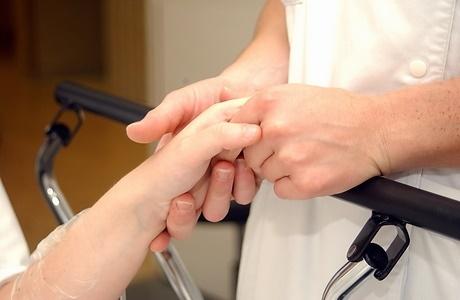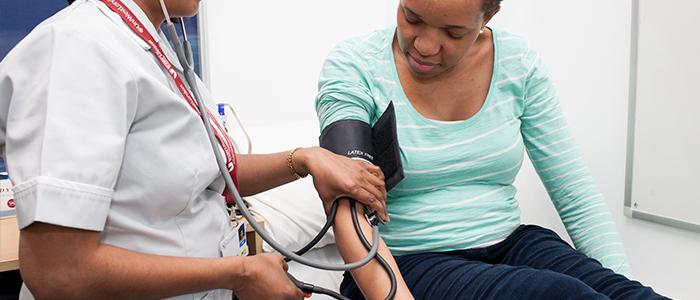Nurses Role In Health Promotion-Smoking
Smoking is deliberate inhalation of smoke from a burning substance. Tobacco is most common substance that smokers inhale from cigarettes and cigars.
Smoking is a dangerous habit that makes tar to stick inside the lungs and increase the risk of lung cancer due to the production of the deadly carbon monoxide gas. Tobacco inhalation mostly affects the lungs and is responsible for most deaths caused by lung cancer and COPD(chronic obstructive pulmonary disease).






